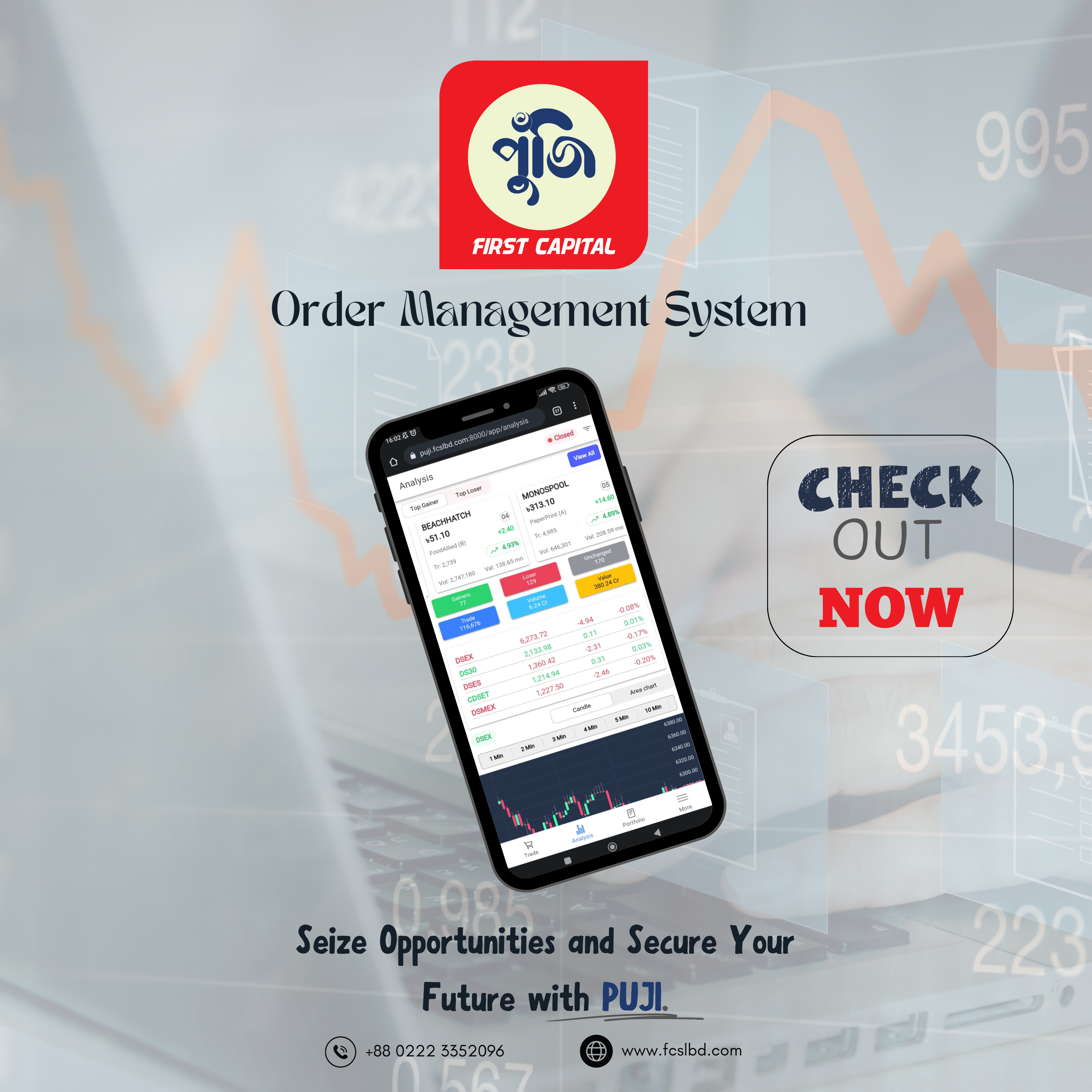The government is taking steps to address the issue of cheap raw-jute exports to India, which has been putting negative impacts on the country’s jute industry.
State minister for commerce Ahsanul Islam Titu has proposed imposing tariffs on raw jute exports – a move supported by jute mill owners and other industry stakeholders.
“We’ll impose tariffs on raw jute exports and set a minimum export price for the golden fiber. This action will safeguard local industries, ensure better prices for farmers and increase government revenues,” he said.
Mr Titu said this while addressing a discussion on the supply of raw jute and the condition of local factories organized by the Bangladesh Jute Mills Association (BJMA) at its auditorium in the capital on Monday.
During the meeting, it was agreed that a minimum export price (MEP) for raw jute would be set.
BJMA president Abul Hossain chaired the event while senior commerce secretary Tapan Kanti Ghosh and FBCCI president Mahbubul Alam also spoke on the occasion.
Mr Hossain says there is an urgent need to address various challenges the industry has been facing for last few years.
He also highlighted the need for cancelling anti-dumping duties imposed by India, the abolition of the 2.0-percent source tax on raw jute, the supply of quality jute seeds and 30-percent cash assistance for the renewal of machinery in jute mills.
Responding to these concerns, the state minister said: “We’ve initiated discussions with India about the anti-dumping duties. We’ll continue these discussions once the elections in India are concluded.”
Mr Titu says, “We need effective implementation of the mandatory jute packaging law to increase the use of jute.”
He pledged strong cooperation between the ministry of textiles and jute and the commerce to ensure proper supervision and assistance in jute exports.
Agreeing to another demand of the BJMA during the meeting, the state minister said currently, raw jute is being exported via trucks through various ports, and the exact amount of jute export is unknown.
As a result, the ministry has decided to make shipping mandatory for jute exports.
The commerce ministry will also address this issue accordingly.
The meeting also addressed the issue of jute seed shortage, with stakeholders highlighting the need for policy support to address this crisis.
Speaking on the occasion, Mahbubul Alam said there is a critical need to recognise jute as an agricultural product.
He has urged the government to take necessary steps to support jute farmers and industries.
In his address, Tapan Kanti Ghosh, said: “At one point, we halted the export of raw jute. Upon your request, we resumed it. However, it is crucial to evaluate the effectiveness of this export. Furthermore, there are issues regarding cash incentives, which could be redirected from the export stage to the production stage, providing significant benefits.”
Speaking about the classification of jute as an agricultural product, he said, “Jute has been categorised as an agricultural product since 2023. Nevertheless, we are currently exploring whether jute products should also be classified as processed agricultural products.”
According to the BJMA, Bangladesh annually exports jute and jute goods worth nearly $1.0 billion.
Lawmaker Nabil Ahmed, BJMA vice-president Rabiul Ahsan, its directors Giridhari Lal Modi, Md Shahjahan, secretary general Bariq Khan, also spoke, among others.
source: today.thefinancialexpress.com.bd/last-page/govt-to-impose-tariffs-on-raw-jute-exports-1715624044
jute exports impose tariff government




